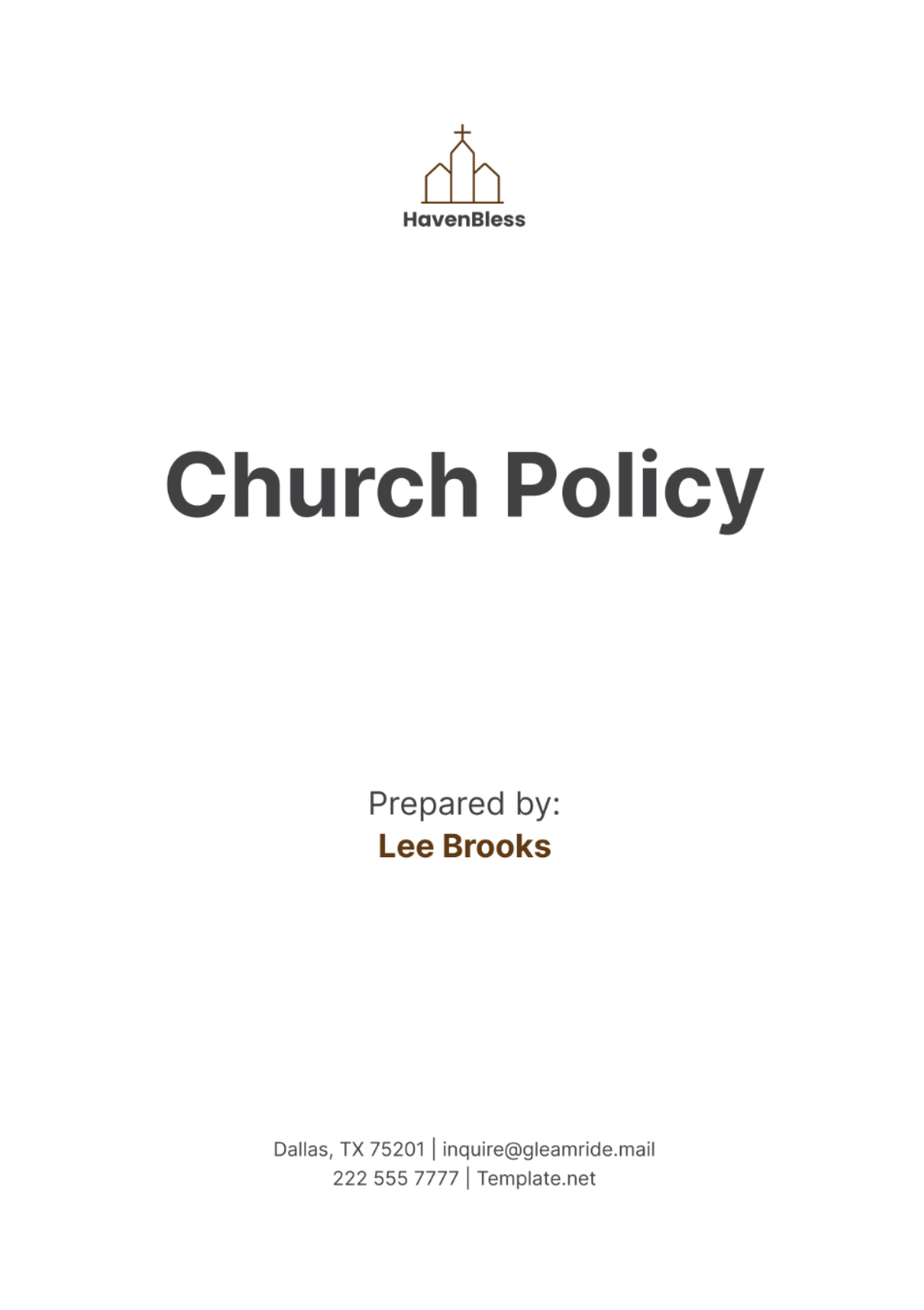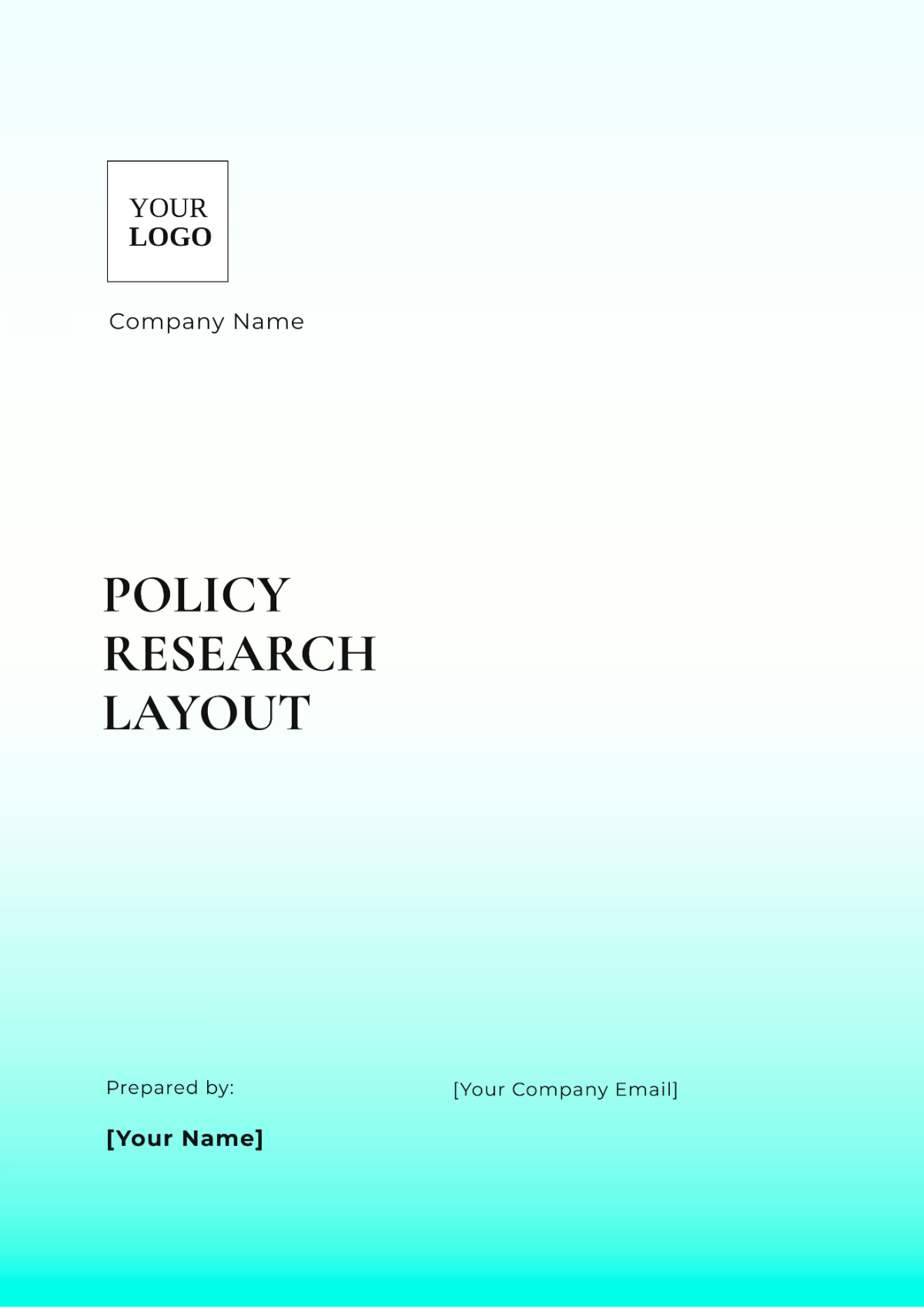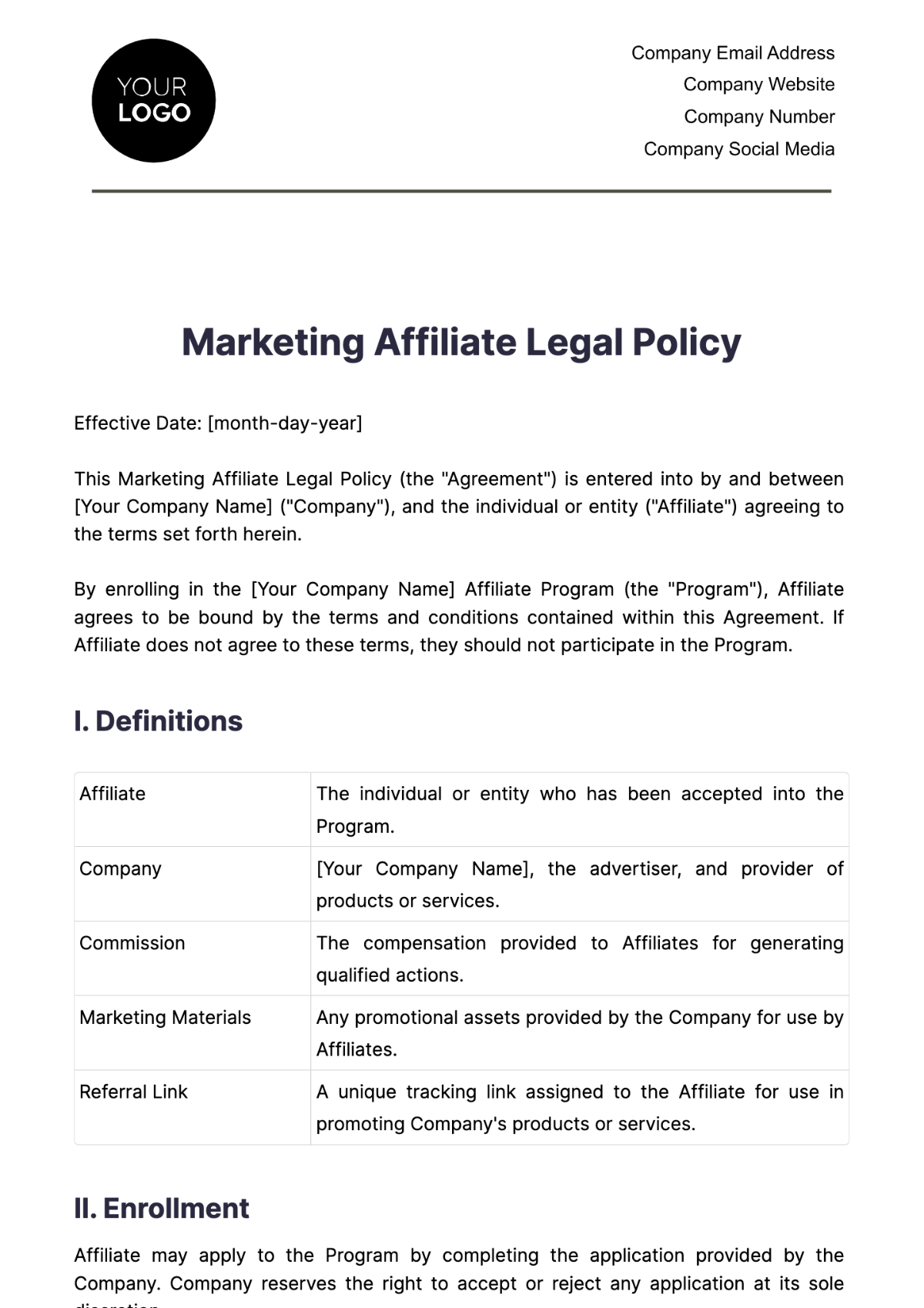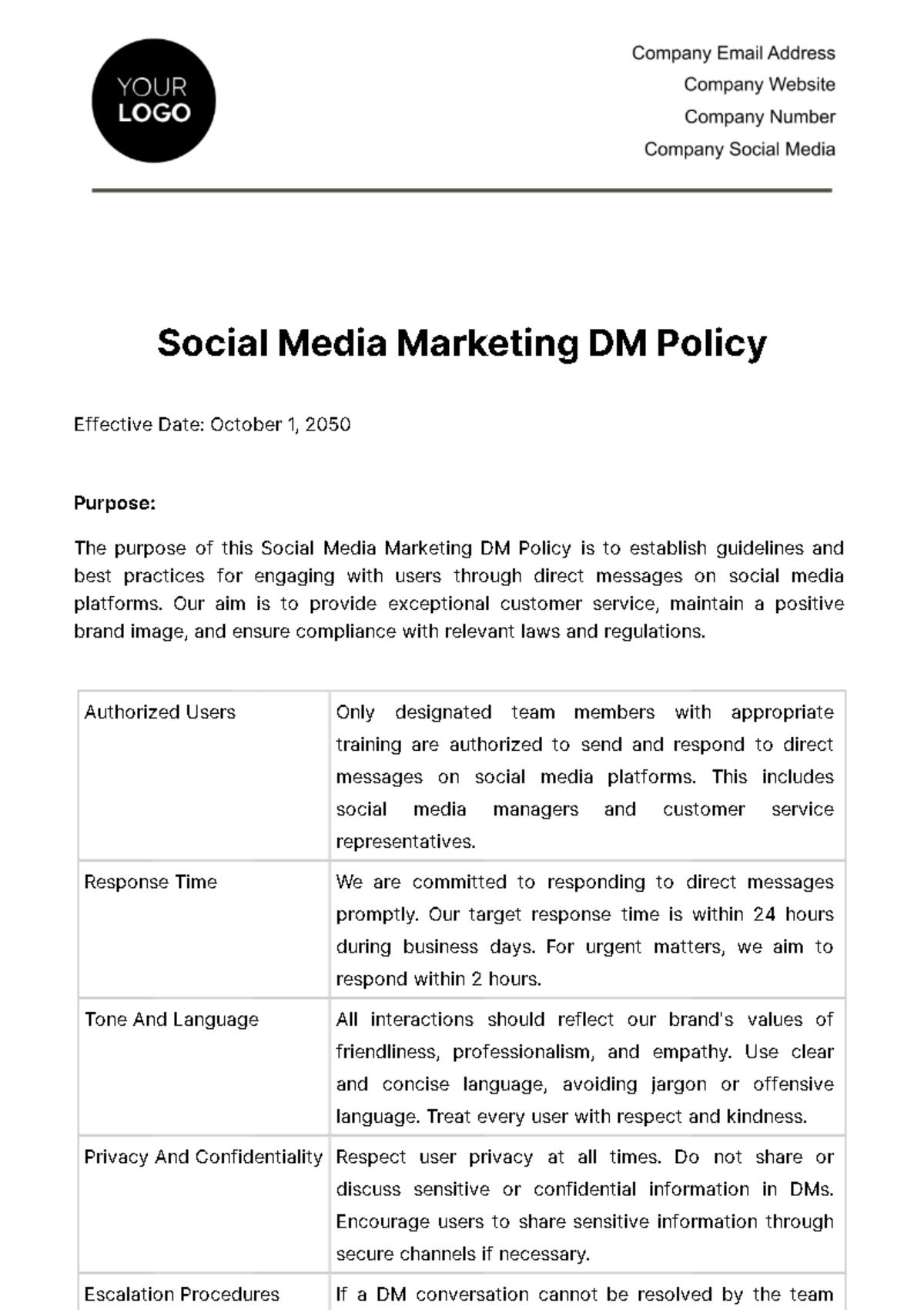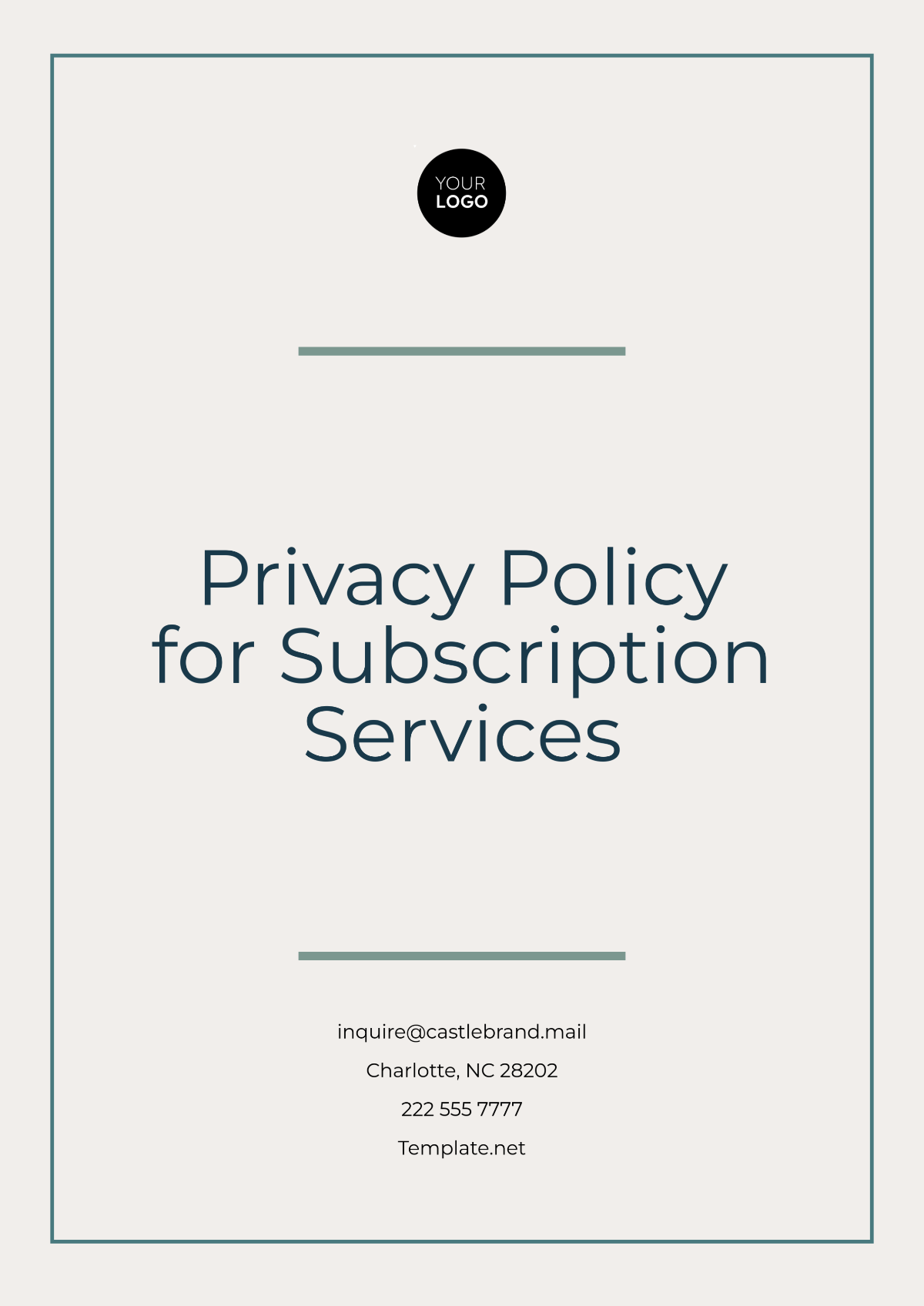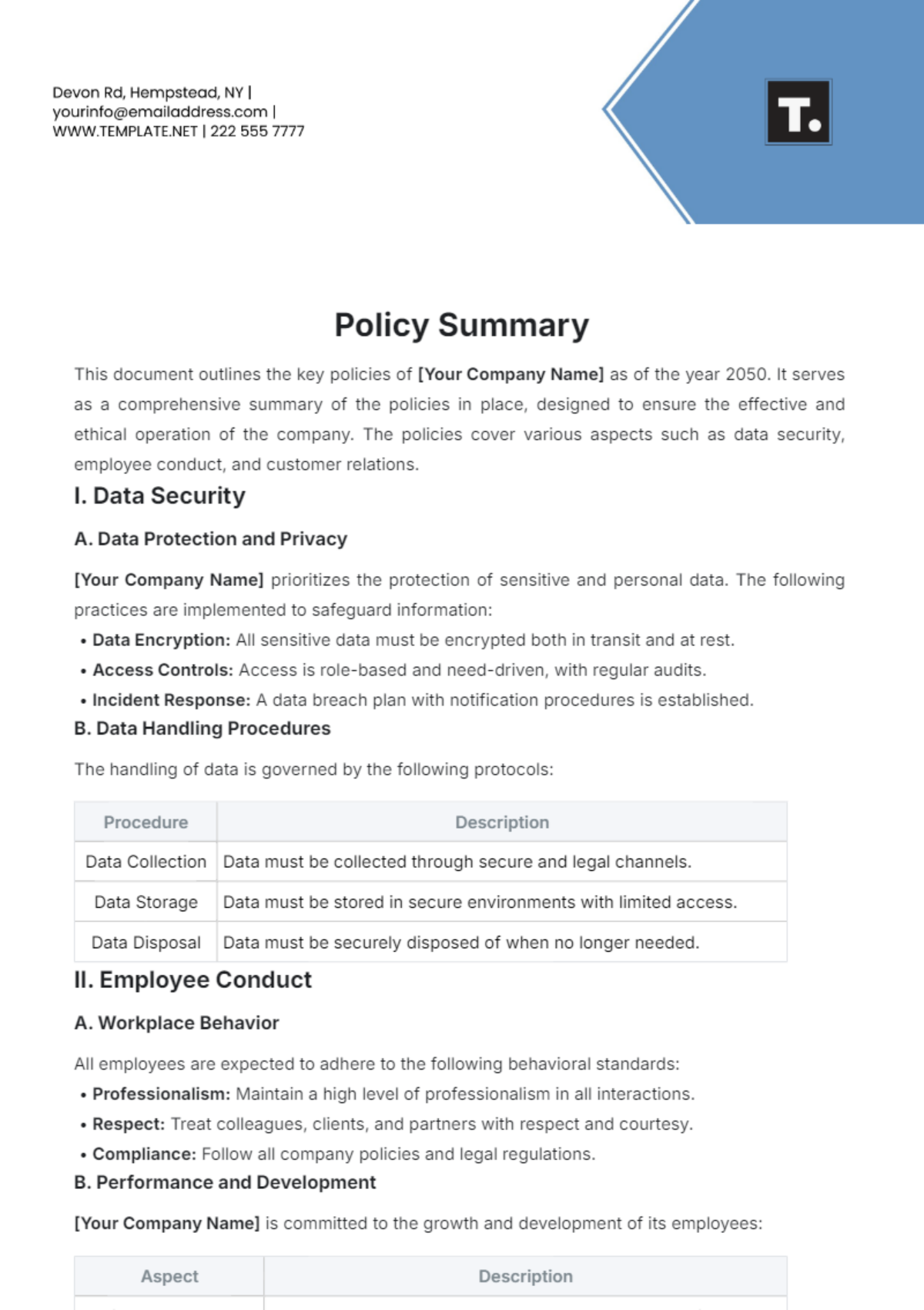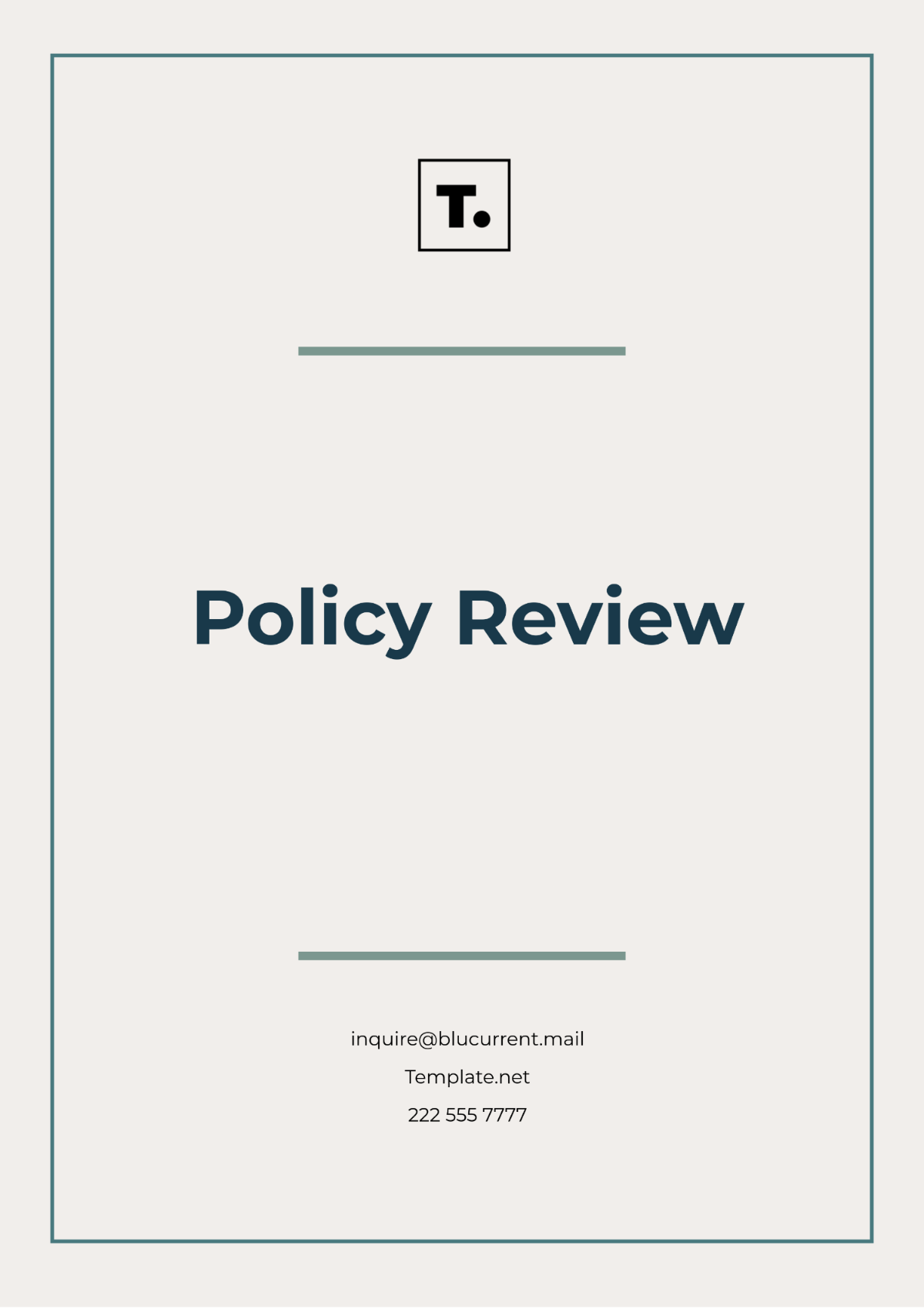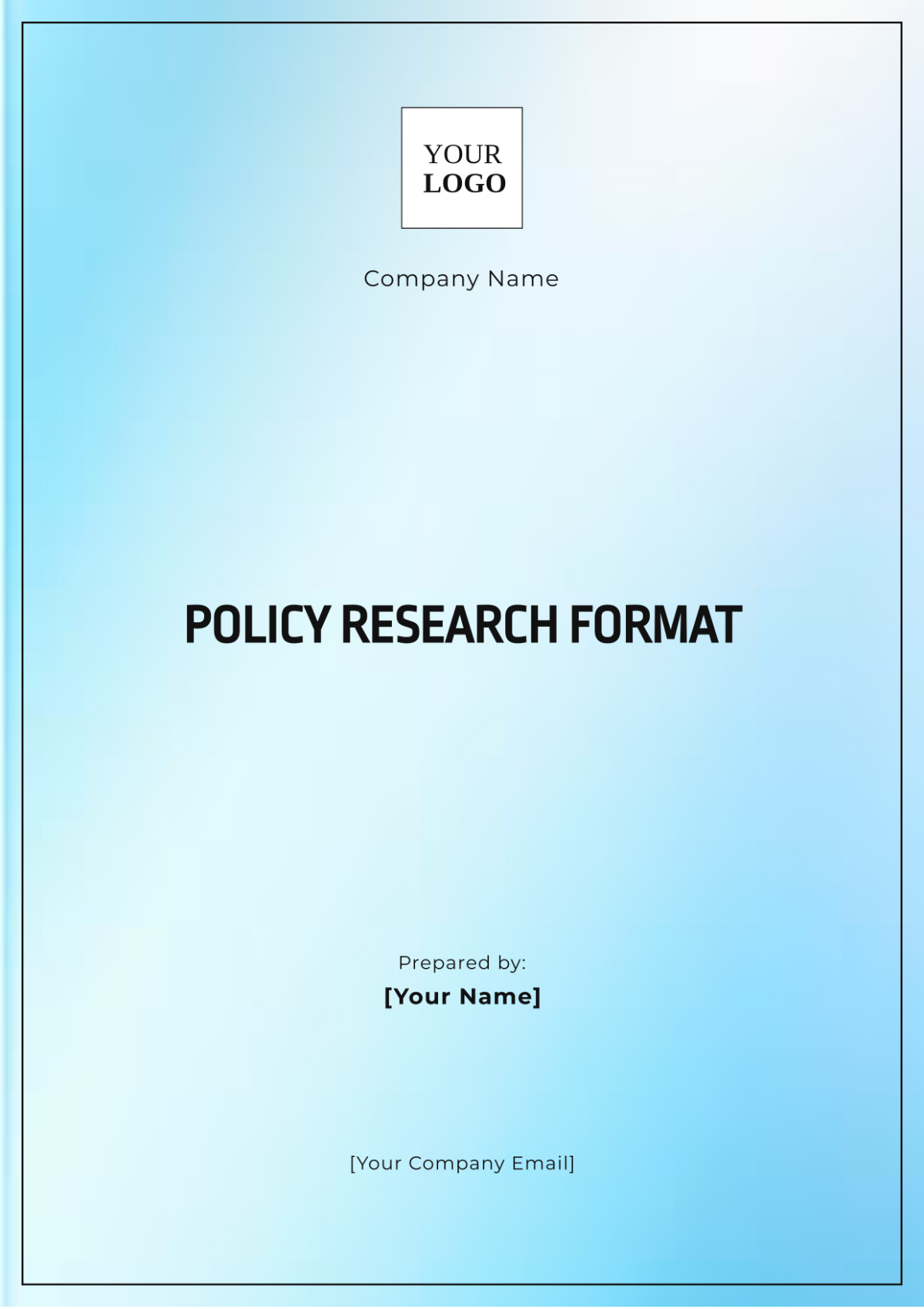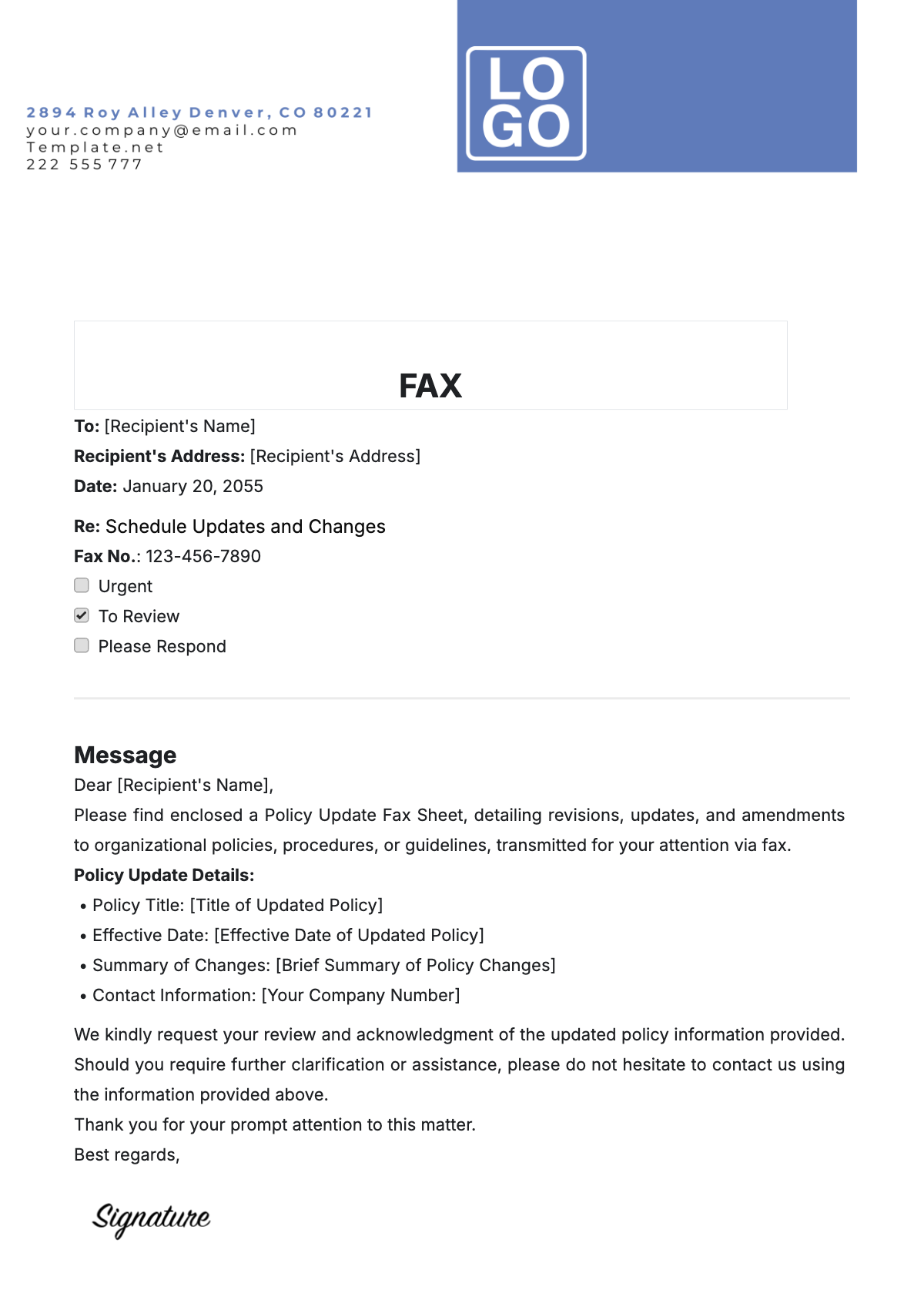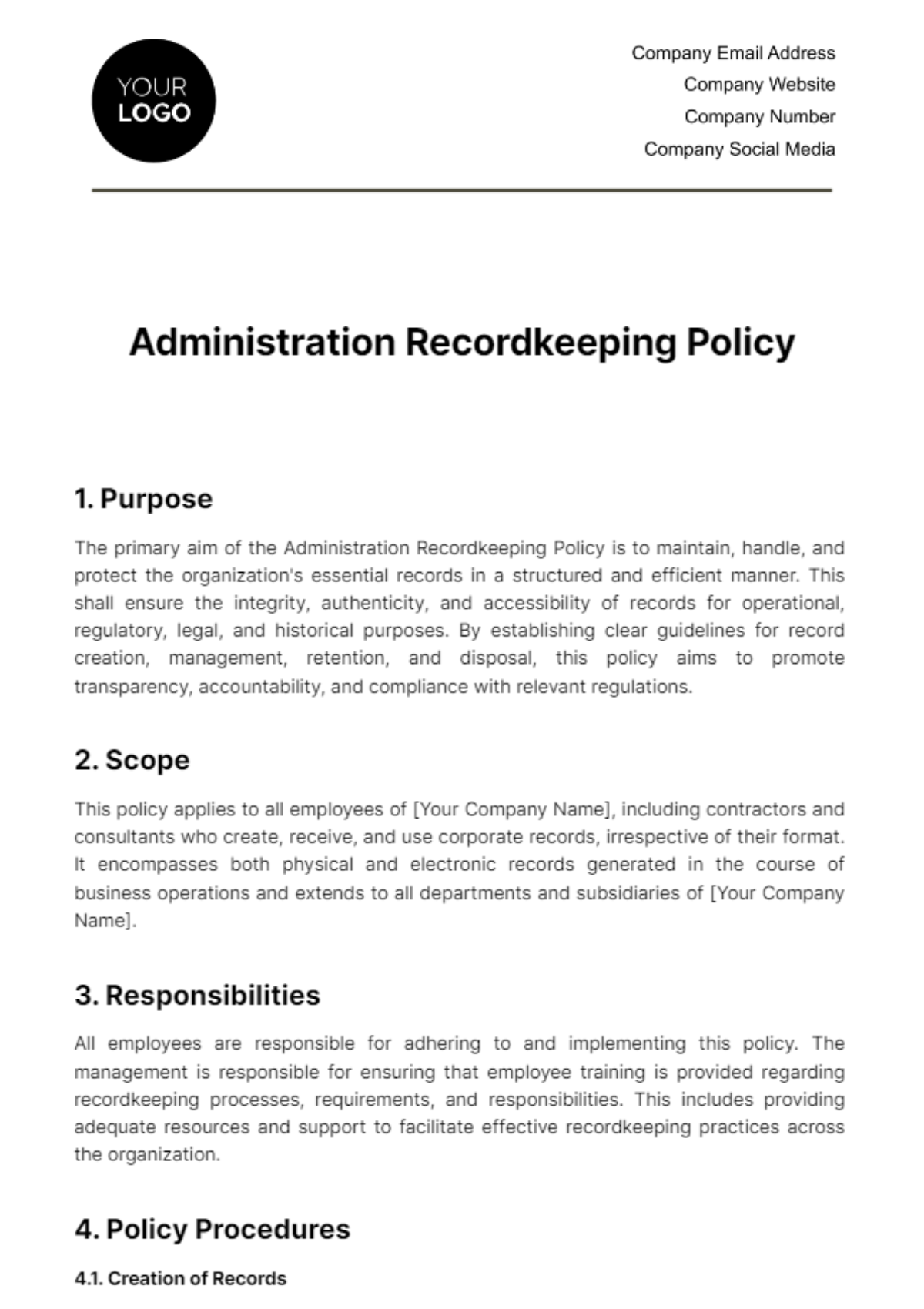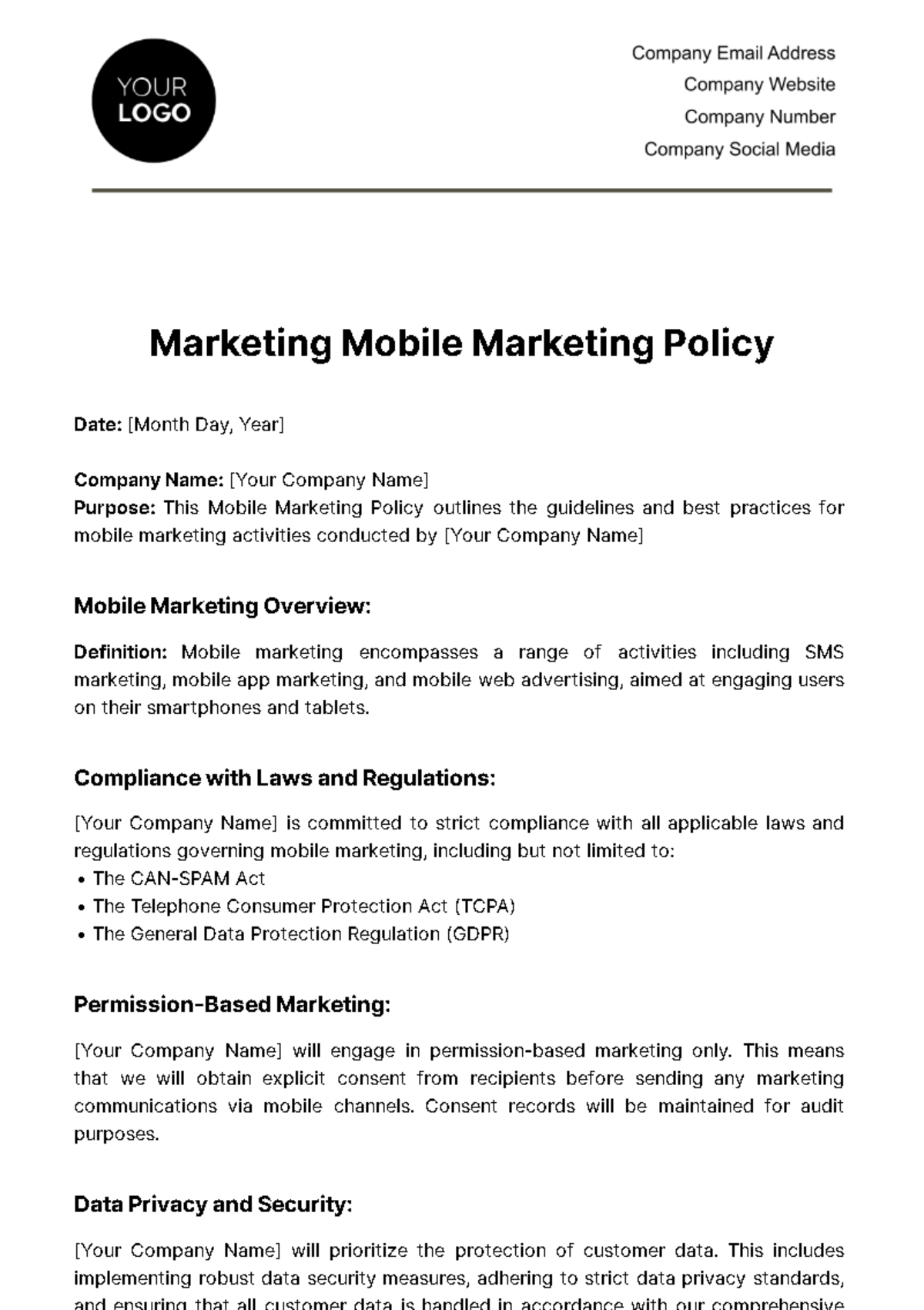Policy Research Format
Advancing Urban Sustainability in the Year 2060
I. Executive Summary
As cities continue to expand and evolve, the need for sustainable urban development has never been more critical. By 2060, urban areas are expected to house nearly 70% of the global population, placing immense pressure on infrastructure, resources, and environmental systems.
This policy brief provides an overview of current urban sustainability challenges and offers strategic recommendations to guide policymakers, city planners, and stakeholders in creating resilient, eco-friendly urban environments.
II. Problem Statement
Urban areas face several pressing sustainability challenges, including:
Environmental Degradation: Increased pollution, loss of green spaces, and rising temperatures.
Resource Scarcity: Depletion of water resources, energy inefficiency, and waste management issues.
Social Inequality: Disparities in access to resources, quality of life, and green spaces.
The urgency to address these issues is compounded by the anticipated 2.5 billion increase in urban residents by 2060.
III. Analysis
A. Environmental Impact
Table 1 below illustrates the projected environmental impacts of urbanization by 2060:
Impact | Current Level (2050) | Projected Level (2060) |
|---|---|---|
CO2 Emissions (metric tons) | 35 billion | 50 billion |
Urban Green Space (%) | 30% | 20% |
Average Urban Temperature Increase (°C) | 1.5°C | 3°C |
B. Resource Management
Resource consumption trends indicate:
Water Usage: Urban water use is expected to increase by 40% by 2060.
Energy Consumption: Urban areas account for 75% of global energy use, with a projected 60% increase by 2060.
C. Social Disparities
Access to Green Spaces: Low-income neighborhoods often have 40% less access to green spaces compared to high-income areas.
Quality of Air: Air quality in low-income areas is 25% worse than in affluent areas.
IV. Recommendations
A. Implement Green Infrastructure
Urban Green Spaces: Increase green spaces by 15% in high-density areas to mitigate heat island effects and improve air quality.
Sustainable Transportation: Develop and expand public transportation systems to reduce car dependency and emissions.
B. Promote Energy Efficiency
Building Standards: Enforce stricter energy efficiency standards for new constructions and retrofitting of existing buildings.
Renewable Energy: Invest in renewable energy sources, aiming for 50% of urban energy to come from renewable sources by 2060.
C. Enhance Resource Management
Water Conservation: Implement advanced water recycling and conservation technologies to manage increasing urban water demand.
Waste Management: Develop zero-waste strategies, including enhanced recycling programs and waste-to-energy facilities.
D. Address Social Inequalities
Equitable Access to Resources: Ensure all urban residents have access to essential resources and green spaces, prioritizing underprivileged areas.
Community Engagement: Involve local communities in sustainability planning and decision-making processes to address their specific needs and challenges.
V. Conclusion
Addressing urban sustainability by 2060 requires a multifaceted approach involving environmental, resource, and social strategies. By adopting the recommendations outlined in this brief, cities can create resilient and equitable urban environments that support future generations.
VI. References
United Nations Department of Economic and Social Affairs, World Urbanization Prospects: The 2022 Revision, 2023.
International Energy Agency, Global Energy Review 2024, 2024.
World Health Organization, Urban Green Spaces and Health: A Review of Evidence, 2025.
American Planning Association, Sustainable Urban Development Report, 2025.
For further information or inquiries, please contact [You Name] at [Your Email].







